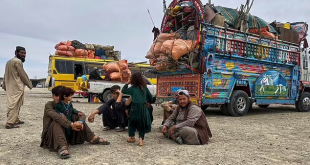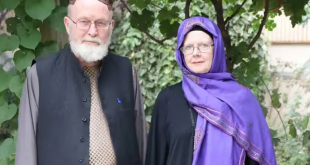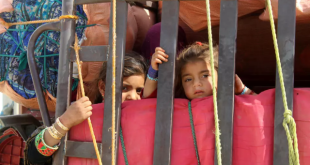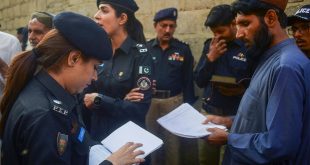As the resumption of Afghan peace talks seems to be in the pipeline, Afghans have apprehensions about the political future of the country. The Taliban have already hinted that in the next round of peace process, they would solely negotiate upon what Afghanistan’s future political dispensation should look like? It’s understandable the insurgent group wouldn’t accept the democracy because they would lose everything they have been fighting for. Therefore, they are trying their level best to instate and establish a future system whereby their interests are secured. This is while a document recently leaked has shown that the People’s Republic of China has offered to Afghanistan the proposal of creation of a National Reconciliatory Government (NRG). No one know is it good for the country or not. However, still there is no official confirmation from the Chinese side. Even the Afghan government did say any words in this regard yet.
Reportedly, the creation of a National Reconciliatory Government (NRG) in Afghanistan has been discussed in some formal and informal meetings on peace. A five-page document explains the structure of the NRC, its cabinet members and other officials. The document reveals NRG will be comprised of five deputies and a Reconciliatory Council to ensure the protection of the system. The council will be formed with all political parties, civil society activists, women and others being part of it. Meanwhile, the next round of intra-Afghan peace talks set to be held in Beijing and is supposed to be attended by the Afghan government as well, have been in fact aimed at discussing the proposed NRG. However, the dialogue was reportedly delayed due to multiple reasons.
The current Afghan government is based on the Constitution, under the framework of which we have elections, parliament and the governance system. A while back there were rumors of forming an interim government ostensibly for strengthening the peace process. Recently, the protesting 13 presidential candidates have informed of forming an alliance to work for reforms in the election process and votes’ tallying. As uncertainty looming further, the more Afghan peace process and election are getting complicated.
The powers who hold a stake in Afghanistan are taking turns to play with the fate of Afghanistan. In 2014, it was the US that brokered the 50-50 deal of National Unity Government (NUG) – which has miserably failed and a recipe toe failure. On the part of our allies and neighboring countries, unfortunately, they still don’t act sincerely in their policies toward Afghanistan. At this juncture, the most crucial thing we need is a peace formula, which can only succeed if the Taliban directly sit at the negotiating table with the Afghans and thus iron out all the differences.
 Afghanistan Times
Afghanistan Times




